
After years of discussion and months of work from the ASWU officers, new changes to the student constitution are ready to be ratified at the end of the month. Article-by-article and section-by-section, a committee of eight ASWU assembly members has raked through the old constitution to bring about adjustments based on recent student feedback about the document’s restrictions. There will be a campus-wide vote for ratification on Feb. 21 on three main changes. Jason Chapman, director of student activities and advisor of ASWU, believes that these can help “move forward into creating an ASWU that is more representative and better serves the students…to make it work better for us.”
Upon ratification, Whit.FM and the Natsihi yearbook will no longer be officially affiliated with ASWU, following the Whitworthian, which split from ASWU in the spring of 2016. They will be recognized as independent entities, although their funding will continue to be delegated by ASWU. Previously, the media has been required to attend meetings, trainings, and retreats, a policy which Chapman said had met with resistance in the past, saying that some students felt it “created a conflict of interest when it came to reporting fairly on things that were going on in ASWU.”
Despite this previous relationship, in recent years the media has operated as a branch of ASWU with less oversight, and some called for the constitution to reflect that current environment. Chapman states this new change is called for in order to relieve the pressure of affiliation with ASWU, ensure journalistic freedom for the media, and reflect the current relationship between the entities.
In light of feedback about representation in the ASWU assembly, three leadership positions are being added to the constitution. The first is the global engagement representative (GER), which is an elected position that has been temporarily voted on for the year but is not yet officially incorporated into the constitution. Students brought up the lack of representation for international students in the 2017-2018 school year, which ASWU has since been proactive about and plans to develop more concretely.
Another position addition is the club coordinator. Sophomore Jose Aguilera, Warren senator, said “right now the…financial vice president is the one who oversees the clubs in ASWU. The Club Coordinator would need to be more focused on clubs to give the FVP more room to focus on the financial side of ASWU.”
With the growing amount of club involvement on campus, including four club additions this school year, Chapman and Boateng articulated an increasing need for someone to be a point of contact to answer questions, focus on club development, help with transition of club officers, and work on funding requests.
Just as residence halls on campus each house their own senator to represent their needs, the theme house senator position will fill the need for representation for theme-house students who may not be as aware of campus events. Junior Andrews Boateng, executive vice president of ASWU and member of the student constitution committee, felt personally connected to this growing need as a theme-house resident himself. “We heard the voices of students that theme houses are in a really weird spot in that they cannot identify themselves as either on-campus or off-campus,” he said. “We want to take care of every constituent and we don’t want to leave out theme-houses…so we can better reach out.”
The final major change to the student constitution is within its language; the vocabulary has been updated since its original drafting stages, the wording has been given more clarity, and the process to draft up bylaws and resolutions will now be simplified. “Some of the language is difficult and confusing.,” Aguilera said. “The changes are to make it more updated and modern so that when we read it, it makes more sense to us and so it gives us more freedom to make changes in the current year.”
According to Chapman, it had previously been difficult to take action on certain items. “There were very specific times of the year that certain things were allowed to be voted on or changed,” he said, explaining that these did not necessarily match up well with the university calendar.
Additionally, a distinction has been made between ASWU as the entire student body of Whitworth University and the ASWU Assembly as the voting members of student leadership.
“We are here to serve students, so whatever we do in any shape or form, the main goal is to better serve students at Whitworth,” Boateng said. “Within that, we are trying to get more feedback and will be sending out constituent reports, senators will be talking to their residents, [and] off-campus students will be contacted to get feedback on any sort of issues.”
As the vote approaches, Chapman looks forward to the ratification of the new student constitution as a document more representative of Whitworth’s needs. “The students hold a lot of power and we want to help them use that power wisely,” he said.
More information will follow from ASWU as the day of the vote approaches, and students can gain access to the full text of the constitution by contacting their senator or Boateng. Voting will occur between 8am and 10pm on Feb. 21 in Lied Square in theHUB and online at www.whitworthaswu.com/vote.
Applications for elected positions such as executives and senators will be accepted from Feb. 11 at 9 am until March 11 at 6 pm.

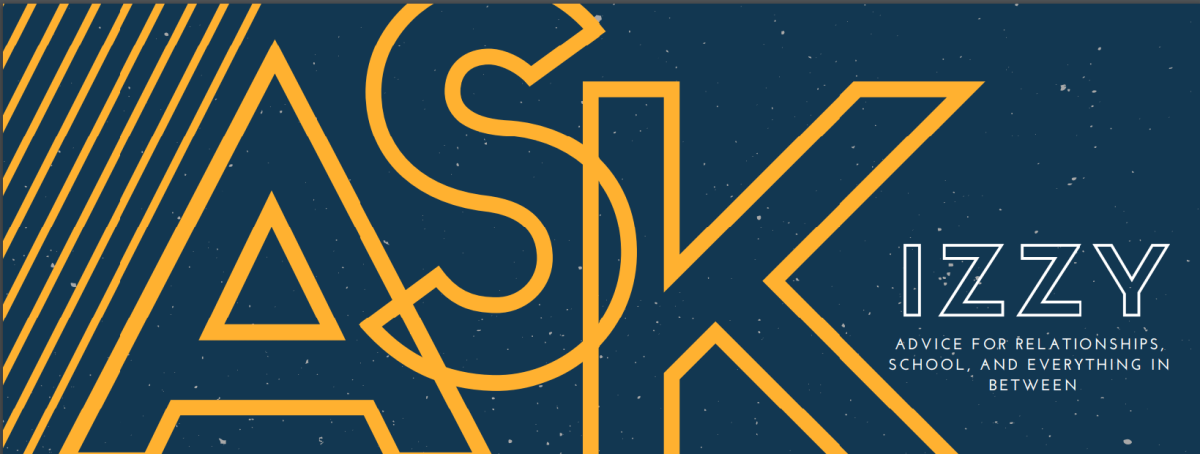
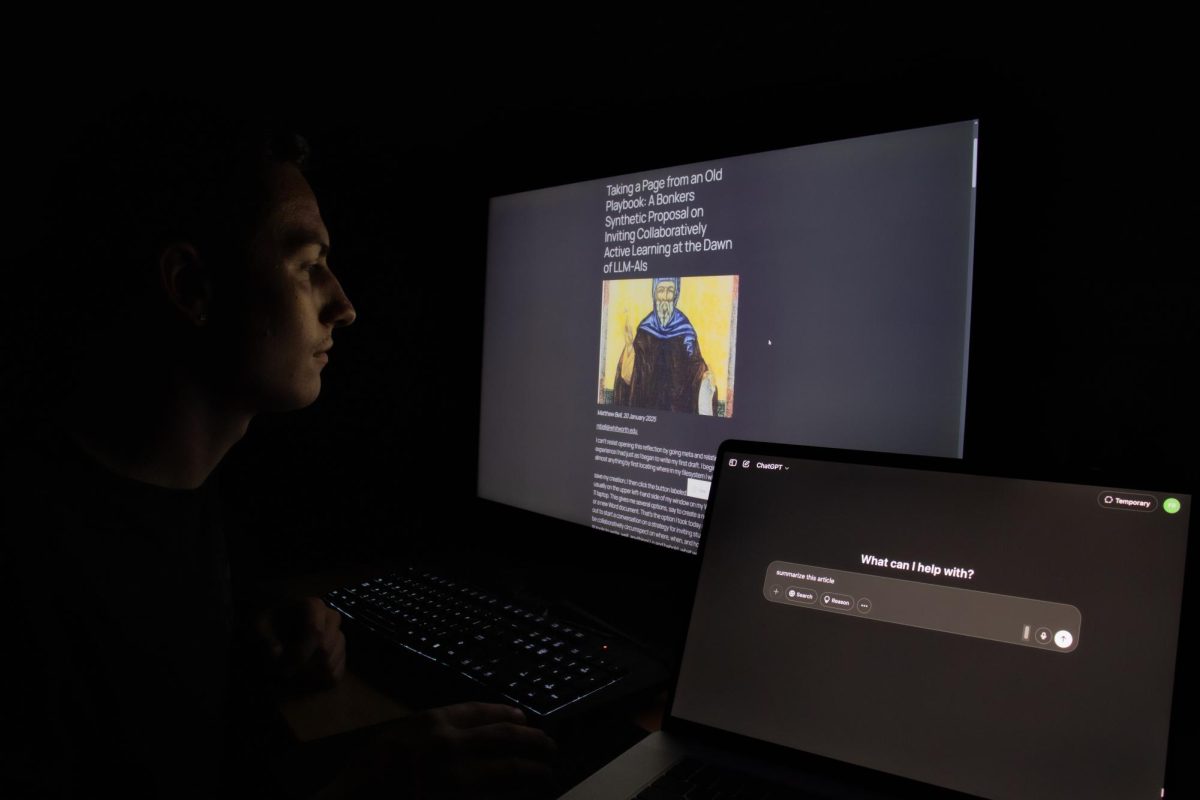
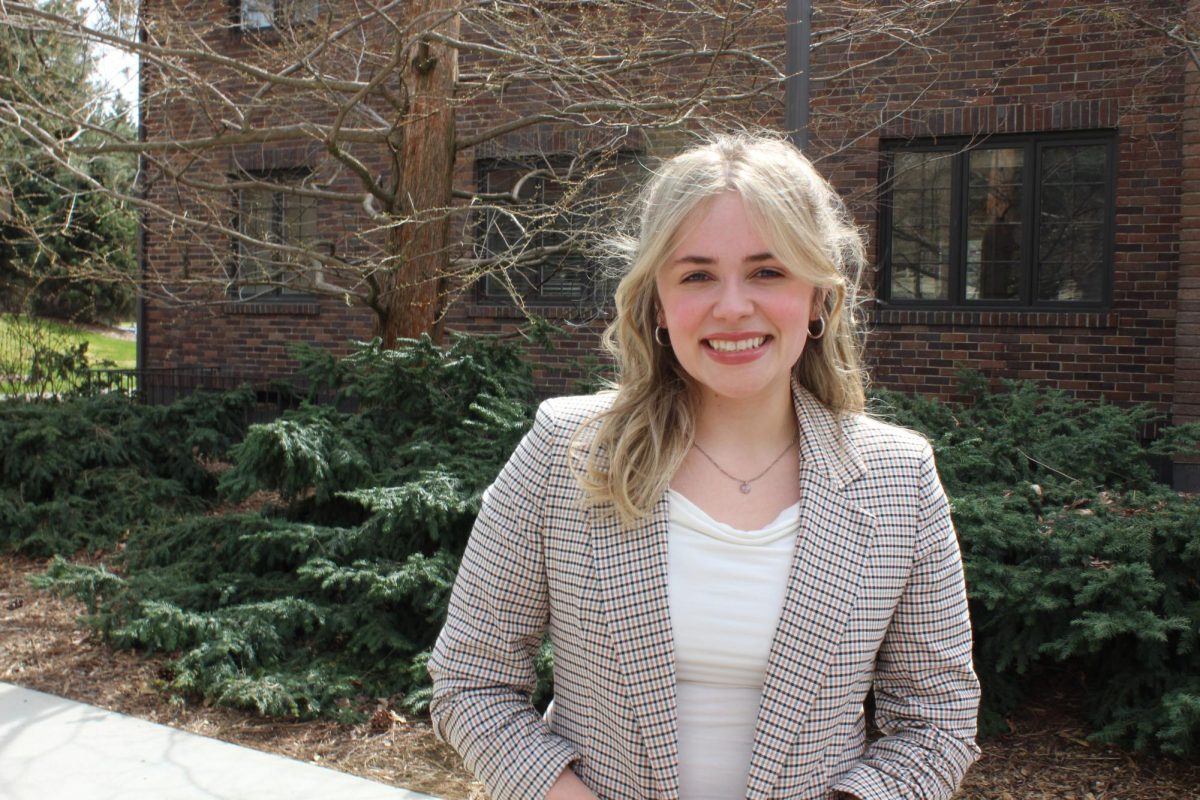

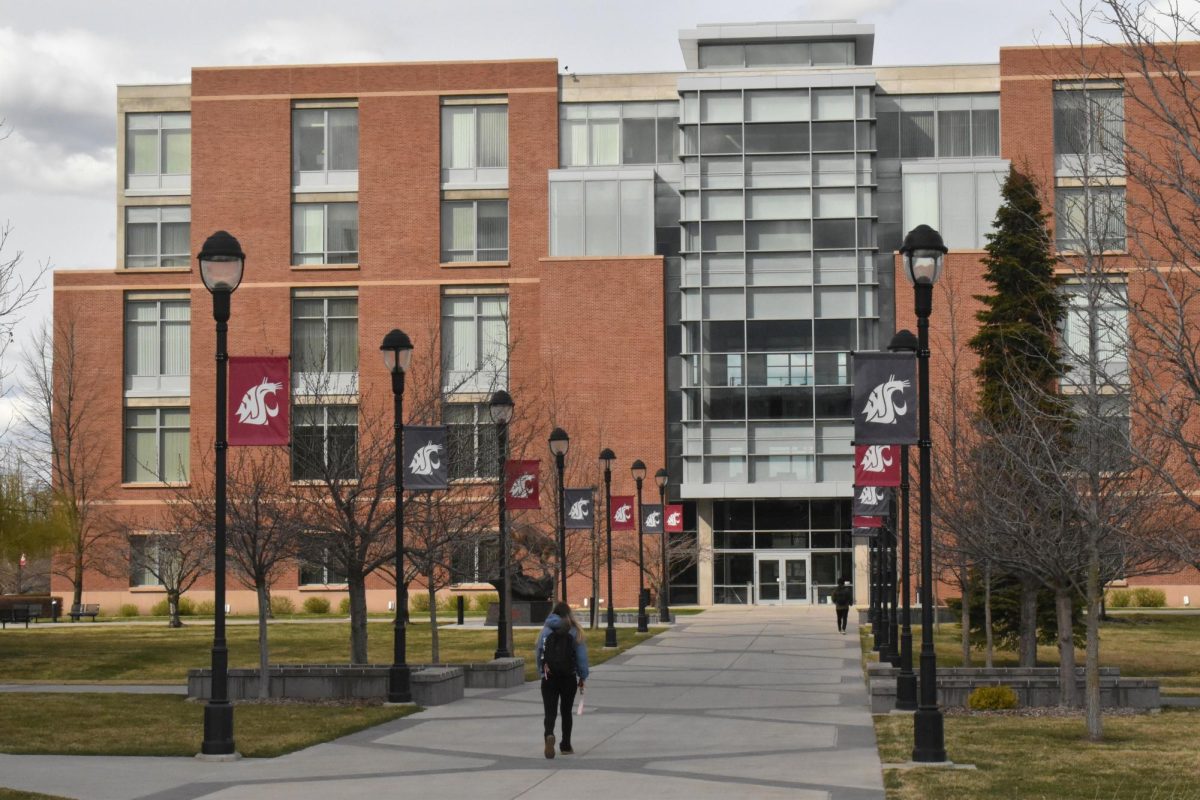
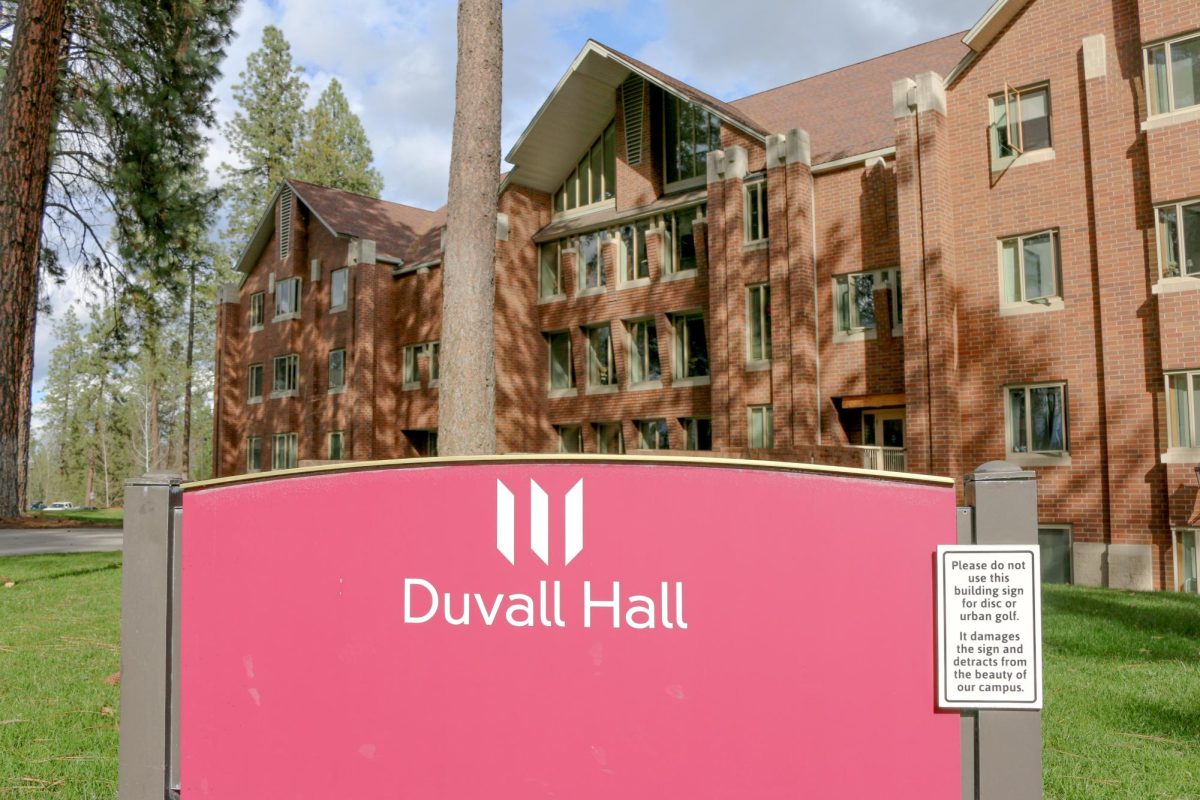
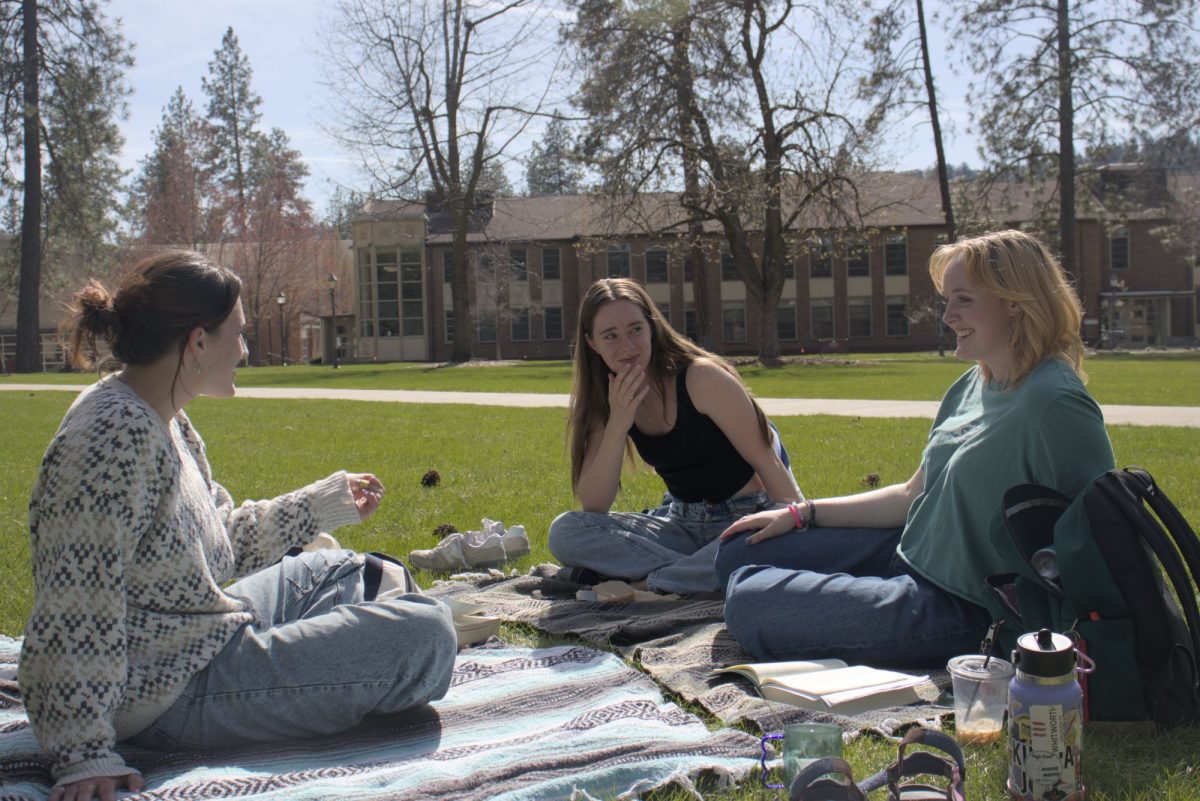


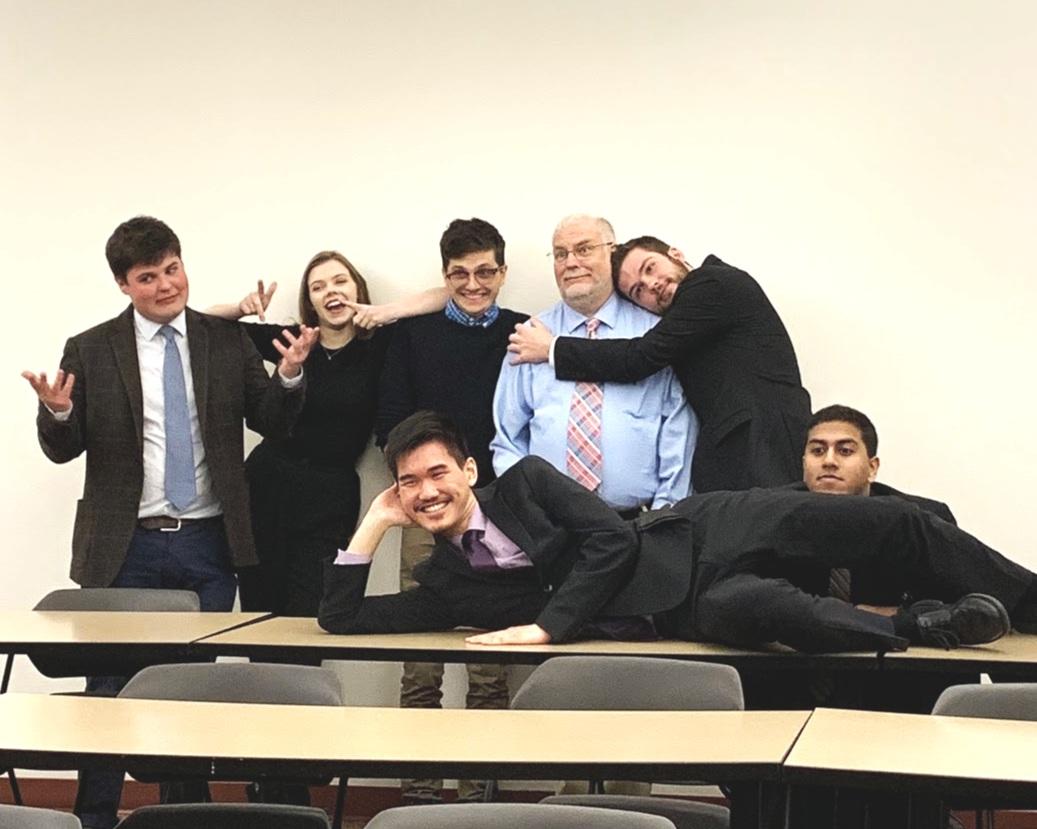
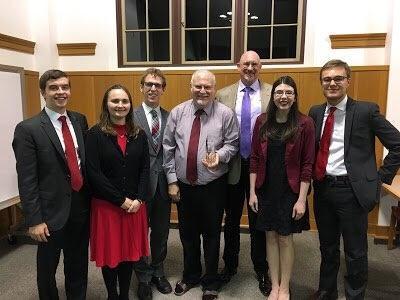
 Spokane?
Spokane?